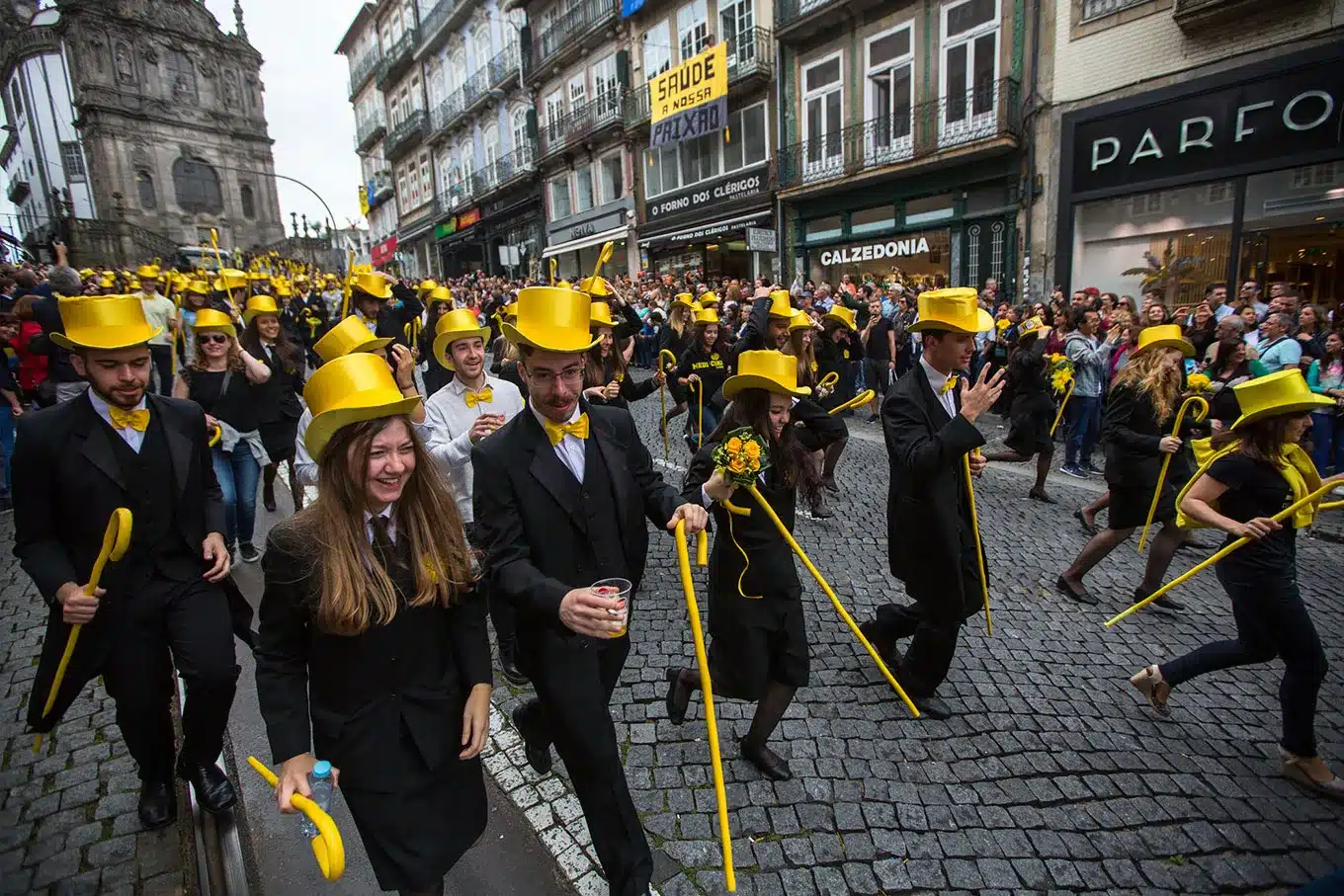5 de June, 2023

When applying for Spanish citizenship, many people wonder about the need to take exams. In some cases, there is indeed such a requirement. The objective is to verify that the individual is well integrated into the local society. Therefore, since 2015 there are two important tests that may be required during the process: the CCSE test (Constitutional and Sociocultural Knowledge of Spain) and the DELE exam (Diploma of Spanish as a Foreign Language).
In this article we will explore in detail how these tests are applied, the contents required, and who needs to take them. If you are planning to obtain Spanish citizenship, it is essential to understand these aspects and prepare properly to face these steps of the process.
Realizing your goal of living in Europe or obtaining European citizenship can be simpler than you think. We offer personalized support to make the immigration process more accessible and uncomplicated.
Until 2015, applicants for Spanish citizenship were subjected to interviews at the Civil Registries. Each civil registry conducted its own interviews, with questions of varying difficulty levels. Thus, the personal assessment of each official also influenced the process.
The creation of general tests aims to establish a uniform and consistent system for all those who wish to obtain a DNI (National Identity Document) and a Spanish passport.
Learn about the visa for retirees wishing to live in Spain
All individuals applying for Spanish citizenship by time of residence, by choice or by letter of nature must take the exams. This is regardless of how long the applicant has lived legally in Spain: for 1, 2, or 10 years.
Native Spanish speakers are exempt from the DELE, but must still take the general knowledge test (CCSE).
As for the children and grandchildren of Spaniards, since they have the process of obtaining Spanish citizenship through the recognition of the right of origin, they are exempt.
You are exempt from taking the CCSE and DELE exams:
There are also some cases in which the nationality applicant can request to be exempt from taking both exams, provided that they can prove it and that the Ministry of Justice of Spain decides so:
In addition, they are exempt from taking the DELE exams.
The DELE (Diploma of Spanish as a Foreign Language) exam is used to assess the level of knowledge of the local language (Spanish) of foreign immigrants who wish to obtain Spanish citizenship. It is issued by the Instituto Cervantes on behalf of the Spanish Ministry of Education and Professional Training. The DELE is widely recognized internationally and can be required in various situations, such as entering Spanish universities, obtaining employment or immigrating to Spanish-speaking countries.
Remember: the DELE is dispensed to those who come from countries that also have Spanish as an official language .
O DELE exam for Spanish citizenship consists of 25 questions in a test format, where each question offers three answer options or the option true or false. To pass, you must get at least 15 of these questions right.
The DELE exam for level A2 is divided into two parts:
See here a sample of exam.
The fee charged in Portugal in 2023 for taking the A2 level exam and obtaining the certificate is 112€. It is worth noting that this amount varies from country to country and according to the level of the certificate desired. In Brazil, the value is 280 reals. See here the prices in other countries.
O CCSE is an exam that evaluates candidates’ knowledge of the Spanish Constitution and society. It is a requirement for obtaining Spanish nationality and is held by the Instituto Cervantes.
The candidate will have 45 minutes to answer 25 questions divided into two parts. Regarding the required content, 60% of the questions are about government, legislation and citizen participation in the country. The remaining 40% are about culture, history, geography, and society.
To get a clearer idea of how the test works, click here.
The registration fee for the CCSE exam in 2023 is €85, which covers the cost of the exam, issuance of the certificate, and access to preparation materials, including the preparation manual. Registration allows the candidate to take the test up to two times, if they fail the first attempt or do not take the exam in the first session.
It is possible to retake the exams if you do not pass first time. And there is no limit to the number of attempts. A tip is to test the online mock exams available beforehand. They will give you an idea of what to expect on the day of the exam.
We take this opportunity to say that the exam is relatively simple. With a little effort and attention it will be easy to pass and obtain Spanish citizenship. It will be worth the effort!
Still haven’t applied for your Spanish citizenship? Talk to Atlantic Bridge!

Author:
Atlantic Bridge

Queima das Fitas (Burning of the Ribbons) is a party that takes place every year in several cities in Portugal and celebrates the end of the academic year for university students. See the 2024 schedule!

Author:
Atlantic Bridge
9 de April, 2024